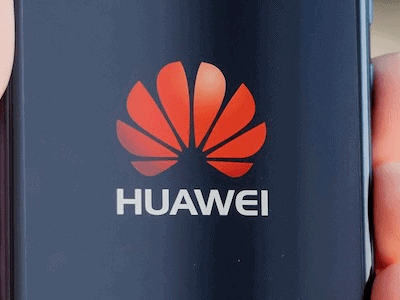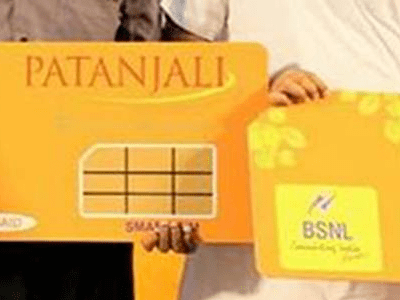Restricting competition to healthy levels within the India Telecoms Sector: A Possible Way Forward
Share This Post
Vodafone’s India chief, Marten Pieters rightly said on the sidelines of an event that we need to restrict competition within the India Telecoms sector or else allow the sector to bleed profusely. Allowing choice to the consumers is the best that can happen in a very liberal market, but it cannot be at the cost of the very survival of the sector. If it is stretched beyond a certain point, market dynamics will come into play and there will be consolidations and acquisitions leaving customers again with fewer options.
Thanks to behaviour and to some extent necessity, the Indian consumer is in the habit of keeping multiple SIMs that helps to keep so many operators alive in a single circle. To understand the reasons behind the behaviour, a structured study will need to be conducted. But as far as necessity goes, it is mostly to do with the poor network quality of each provider that you have to have a backup that would work in times of emergency, such as the 2014 floods in Kashmir / Srinagar. It’s not that you can always rely on the alternate service provider too. It’s only that the second SIM may work well where at times the primary SIM does not.
But this raises the question about where is the money for network expansion and growth going to come from, if operators keep on aimlessly competing for the benefit of none in particular – neither the industry, nor the operator, consumer or the government. There has to be a mechanism by which you provide a decent choice to a consumer, and at the same time allow the industry to flourish.
There was a time when it was necessary for an operator to be present in many circles to support subscribers, as not much infrastructure and network sharing was taking place. But, today it is the time of co-creating and sharing. Even die-hard competitors would agree to share resources for business reasons.
In such a scenario, it is better that the entire Telecom Services licencing mechanism is revisited and a cap be placed on the maximum number of operators permitted to offer services within a circle. Now, this becomes easy when we have unified telecom licences. This cap could be on all India bases, say 3 operators per circle or, could be proportionate to the revenue potential or customer base. In that case there would eventually be many operators in a circle like Delhi NCR or Mumbai compared to Sikkim / North East circle, for instance.
This would also force incumbent operators to improve their services and add more and more services for the benefit of their customers to improve ARPU. When an operator has a limited customer base that cannot grow exponentially, it will look at ways and means to maximise returns from the existing base. This would see more and more value added services to come into play, to enrich user experience.
A pertinent question in this case could be, will an operator survive in a smaller geography – a circle, as compared to the entire country. Well the answer is very simple. Yes! Because in India, even a moderate size circle is bigger than many countries where operators are flourishing. It’s high time we address this issue within our Telecoms Sector or else see it going the Aviation Sector way, where we had Kingfisher Airlines being wiped off the scene, Air India in a bad shape, Spice Jet facing a huge cash crunch, Jet Airways bailed out by Etihad and other low cost airlines not earning good money. Ultimately, in such an untenable supply-side scenario, air travel is going to become expensive, and the concept of low-cost flying itself will be endangered. A similar situation could impact with the India Telecoms industry and operators might be forced to do away with the concept of ‘prepaid’ services and increase tariffs in multiples, to be able to survive. The time to take bold decisions is, NOW.













